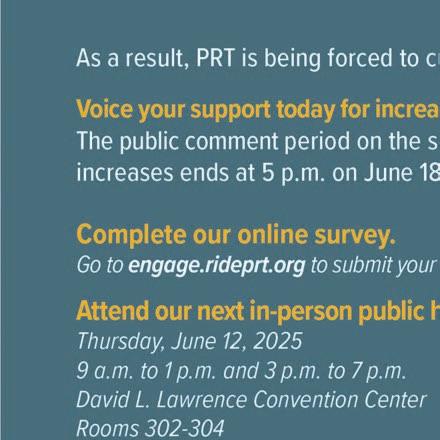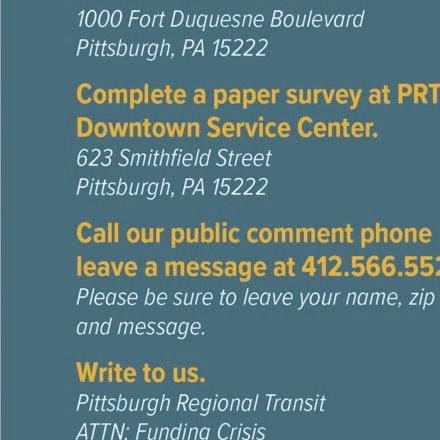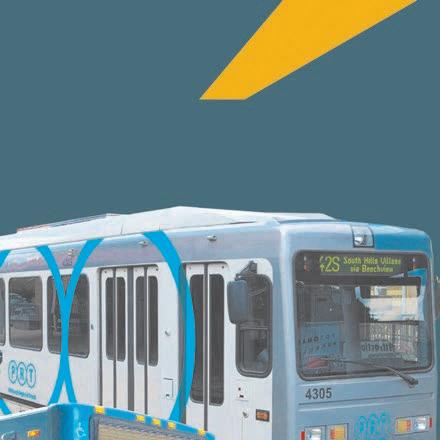




















BY: JOSEPH KLAMMER // INFO@PGHCITYPAPER.COM
Iwas 7 years old when I was first introduced to the skateboarding scene in Pittsburgh. I went with my older brother to Shady Skates, an indoor skatepark that once operated just off of Penn Avenue, where the East End Food Co-op now stands. We went in to buy our first real skateboard — a Tony Hawk pro model — that we shared. Back then, there wasn’t any help to be had when it came to learning how to skate, and we often feared rolling into one of the older, better skaters, who usually had something harsh to say after the fact. Needless to say, being a young, new skater at the time could be nerve-wracking.

for example. There is now a new deck hockey rink beside the bocce ball courts and parking lot below the bridge, but if you’re not a skater, you may never have looked behind the bridge supports farther back. With the Radio crew’s initiative, a small, once-abandoned asphalt rink has become a go-to spot for skating.
“We pretty much did everything in the beginning,” Calfo says. “Eventually, we got a small donation to do whatever we could to make it better for skating.” They used the money to rent a resurfacing machine and tried to make things more skateable. After that, a dozen ramps, boxes, benches, and other obstacles were built and placed throughout the space. “We knew it wasn’t going to be the end-all solution, but we figured if we could create some momentum, and who knows after that.”
Calfo and others started a petition to turn this area under the Bloomfield Bridge into a real skate park. This was a few years ago, and it received some positive attention, but with repairs to the bridge pending, the City wasn’t ready to promise anything. “They did put a light in,” Calfo says. “I didn’t know if it was for us, but I talked to the person with the City, the one who I was talking to about the park, and they were like ‘yeah, that’s there for you guys.’”
Down near an entrance to Panther Hollow, off Boundary Street, a group of Pitt students also built a skate park on their own. The result is Oakland DIY, which has grown into a hub for skaters of all ages, with a lot of college students calling it their local. A junior at The University of Pittsburgh, AJ Haddon, took over
project




Raul Casas, who started it all, about a year ago. Haddon is leading new additions to the park and preparing their yearly events.
“My first day here in Pittsburgh, I moved myself in, and I saw Raul posted on [social media] that they were doing a concrete pour,” Haddon, a Chicago native, tells CP. “I was totally getting my hands dirty, fully immersed in concrete.”
Haddon had built a few ledges and ramps before, like many skaters, but nothing of this scale. “I go to school for engineering, so it goes hand-in-hand, but this is where I learned everything in terms of building skateparklevel stuff.”
Haddon says that when there are building days, all types come to help. “The youngest we will get is 12 and the oldest is 65,” he says. “It’s every variety of person you can imagine. The diversity here is insane.”
Recently, the City has assisted with making the space better for skaters and visitors alike. “We slowly started working with one of the Schenley Park supervisors,” Haddon says. “He
said they didn’t do much with this area because it just didn’t get much use. And once we started building more and more, we asked, ‘hey, can we get a couple of trash cans?’ Or, ‘can we get the water fountain to start running again?’ He saw what we were doing and eventually he was like, ‘let’s make this official.’”
With further help from City Council, Oakland DIY has an official name and park sign. “We can truly make this place home.” Haddon says. “[The City helps] us with the asphalt, removing tree roots, landscaping.”
The park’s material costs are mostly supported by donations. “There’s a lot more than just concrete that goes into this place,” Haddon says. “Wood is expensive, metal, tools. Getting enough tools for people is important, with more and more people wanting to help.”
Oakland DIY holds events like their yearly summer and Halloween skate jams with music, food vendors, vintage clothing, and more. Radio Skateshop even pitches in with free merch and boards for skate contest winners, and Haddon says he has eyes on something
special for this year’s summer event. “Page’s Ice Cream is starting an ice cream truck,” Haddon says. “If we can get them down here, that’s awesome. More local businesses, local help, you know.”
Even without event days, the park is usually pretty busy, Haddon says. “A good summer day, around five or six ‘o’clock, this place is rolling with 30, 40 people.”
Haddon says some of the more outdated, negative aspects of skateboarding culture have been organically broken down by the community at Oakland DIY. “If anything negative were to be happening here, I know, right away, every single person here would shut them up, or just be like ‘hey, let’s not do that,’” Haddon says. “But, knock on wood, nothing bad has ever happened here.”
After some thought, Haddon says, “Maybe my broom. Someone broke my broom a couple of times, but what are you going to do? “Haddon smiles. “Other than that, people respect the hell out of it.” •
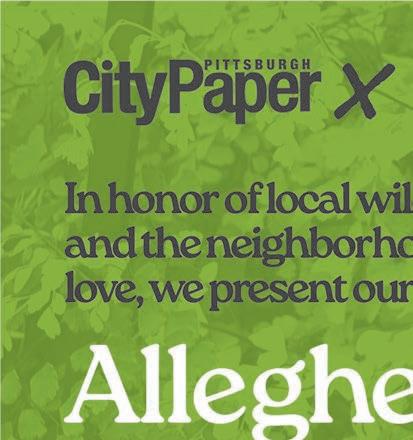




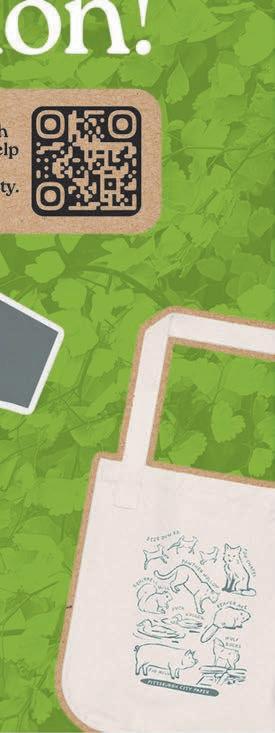


ratios (the amount of service funded by passengers buying tickets) seldom crack 50% for any American transit system, and Greater Pittsburgh’s was barely 18% in 2020 before the D falloff. Third, the system is already locked into necessary but expensive upgrades including new T rolling stock and bus rapid transit, which should help ensure longerterm reliability.
The latter in estments will be a boon to riders throughout the region — but not if Pennsylvania yanks the rug out from under P T and forces route cuts, fare hikes, and less nighttime ser ice. nd if you re sitting in your truck reading this and thinking, “Who cares?” I’d urge you to consider the long-term consequences of a short-term focus on balancing budgets and paying lip service to transit profitability.
If you’re business-minded, perhaps consider what local
businesses say: Duolingo says public transit is “a key factor in us attracting top tech talent. iant agle says it s necessary for regional growth. Some studies have found that spending on public transit can even yield a -to- return on in estment. nd there are already millions of dollars in transit-oriented development projects in the pipeline everywhere from Shadyside to Dormont.
If you care more about your fellow humans than “line go up,” consider this of P T riders earn less than $25,000 a year, and people who would otherwise use public transit often end up spending as much as a third of their income getting around when they don’t have access to it. ood transit can mean an appreciable increase in standard of li ing. eanwhile, transit use decreases traffic ams and the risk of crashes while cutting greenhouse gas emissions.
and taxes on vehicle sales that would mean minimal change for the average Pennsyl anian. Pittsburghers for Public Transit is encouraging transit riders to pipe up about what they want to see in terms of a funding mechanism and against cuts more broadly. Sta ing off cuts now is the way to prevent worse service down the line. andidates know this, ad ocates know it, even real estate developers know it.
magine a fully-funded P T in years, when, if all goes to plan, thousands of new apartments will come online, Pittsburgh’s population will have rebounded after more than a decade of healthy growth, and the agency can consider major upgrades such as e panded T ser ice that complement new bike routes and better-connected neighborhoods. robust and financially sound P T could mean hundreds of millions of dollars in transit-friendly development even when the agency isn’t necessarily turning a profit.
Philly’s in the same boat as Pittsburgh right now, with S PT facing cuts that have clear conse uences. The Pa. Secretary of Transportation agrees that transit is an economic engine. So the main sticking point now — stop me if you’ve heard this one — is how to pay for what everyone agrees is necessary without seeming like you’re somehow spending too much.
My take: Public transit, like the post office, healthcare, or running water, is a ser ice. don t care how much it costs. ind a way to make it work for people: if you build it, they will ride.
It’s not like Pennsylvania is out of options. Transit for ll Pa. has an entire menu of reasonable funding options to choose from including a corporate tax hike, a wealth tax, a surcharge on rideshare trips, tolls,
Now imagine the alternative: with bus service cut to the bone, Pittsburgh’s wealthy leaning more heavily on cars, clogging roadways, while our lower-income residents suddenly have to choose between yft rides and eating dinner. Already anemic ridership gutters — many lines not already slashed are cut to truncated rush-hour schedules. orth Shore T stations sit acant while garages o er ow on gameday. Transit-oriented de elopment proects stop. ocals who can afford to move out, while those who remain face shuttered businesses, worse access to libraries, schools, and community centers, and longer trips to the doctor.
But hey, we saved a buck, right? n short, we can t afford not to in est in transit in Pittsburgh. To do so would be short-sighted and inhumane. Transit is a ser ice, not a mechanism for making money — fund it or face a worse future for Pennsyl ania cities. •


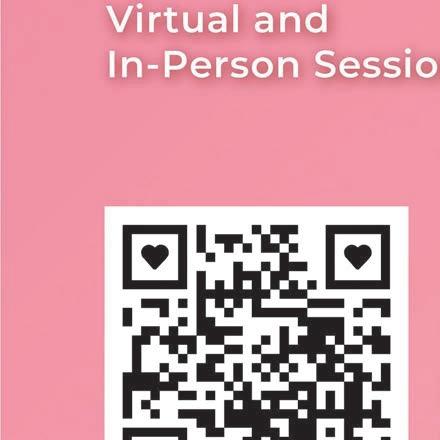



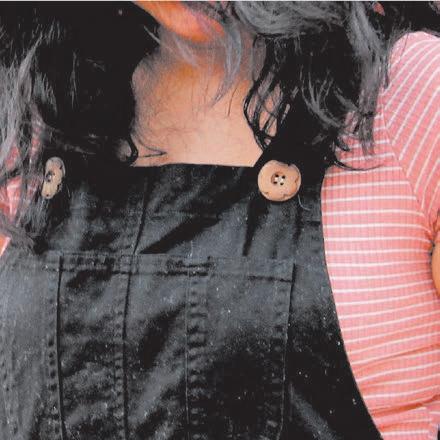


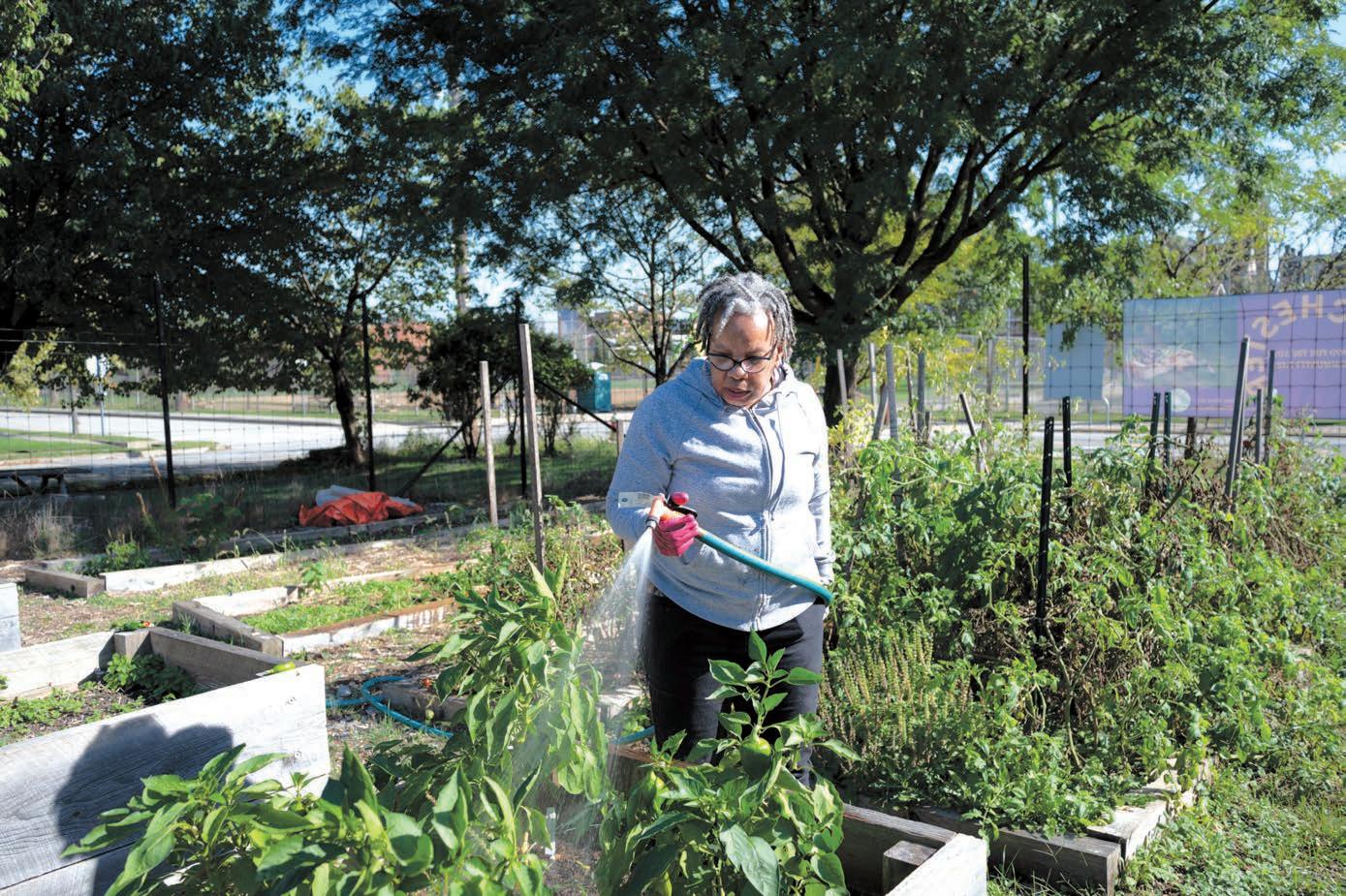
Lunsford-Evans has her supporters in government, as well.
“On March 11, I received an email from a Community Planner for the City of Pittsburgh, saying that Mayor Ed Gainey is committed to supporting urban farmers by helping put the farms into the land bank so ownership could be transferred,” Lunsford-Evans tells CP. The email said she should expect a call from the Pittsburgh Land Bank with further details. After six weeks of silence, PLB contacted Ebony via email, provided a new Land Bank application, and asked to schedule a meeting between key parties.
Though Gainey’s commitment has yet to bear fruit, the mayor has signaled an interest in reducing the politics of the land bank, which could make land transfers easier for urban gardeners and farmers. In 2022, Gainey said that City Council shouldn’t be involved in the PLB Board, which would eliminate Lavelle’s influence in that arena.
Gainey’s promise means that Food for the Soul’s future is also tied to the mayoral primary and election. Gainey’s opponent in the primary, Corey O’Connor, has not signaled his plan for urban farming, leaving it unclear how his administration would impact agriculture in the
city. (The O’Connor campaign did not respond to CP’s request for comment.) If Gainey is not re-elected, momentum may be lost. For at least one member of City Council, that would be a considerable mistake.
“A core function of a city is to make sure we produce, save, and distribute food,” says Councilwoman Deb Gross. Gross was chair of the Land Use Committee in 2015, when the city began its Adopt-A-Lot program. She describes herself as an “enthusiastic supporter” of the program, and sees it as part of a progression — not a final product.
“[City leaders] need to acknowledge that it is good for the city to support community gardens,” Gross argues. The councilwoman points out that the city purchases soil for baseball fields, but doesn’t purchase soil amendments for community gardens and farms — something she considers a missed opportunity. “We need to keep pushing the envelope.”
For her part, Gross is working with geographic data researchers to sort out which empty city properties are best for farming or building. Her hope is that better analysis of the land in question can prevent the kinds of issues Food for the Soul is facing.
Though Food for the Soul’s property woes point to the limits of Adopt-A-Lot, they may also hint at more lasting solutions. Adopt-ALot was created by adjusting city code, and further adjustments could implement what farmers, lawmakers, and community leaders have learned from the 10-year experiment. For instance, the city could set specific rules about how it sells land within the program, or offer urban farmers earlier opportunities to purchase the plots.
If politics and legal red tape make LunsfordEvans’ situation seem overly complicated, Stanley Lowe of Manchester Neighbors offers a simple solution. Lowe says that if property developers can’t provide a detailed plan for developing the land, and can’t demonstrate financial backing, then the farm’s lease should be renewed. Food for the Soul occupies six lots in a city with over 27,000 empty lots — more than enough for housing development elsewhere. Pointing to income inequity along racial lines, and the need for a diverse food system within his neighborhood, Lowe puts it succinctly: “Food for the soul is not a cliché.” •
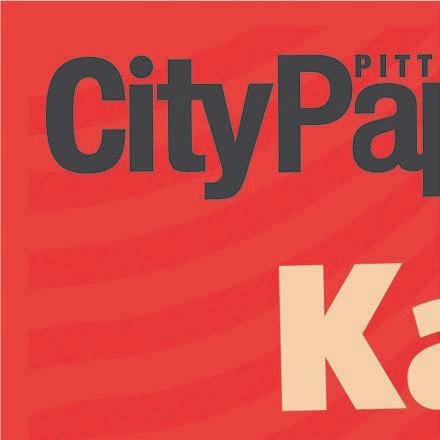

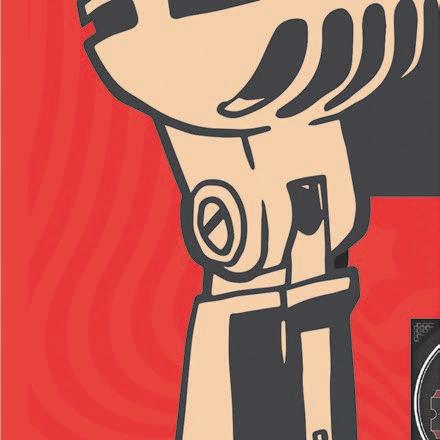

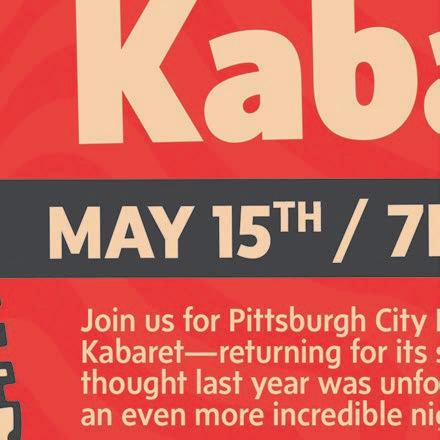

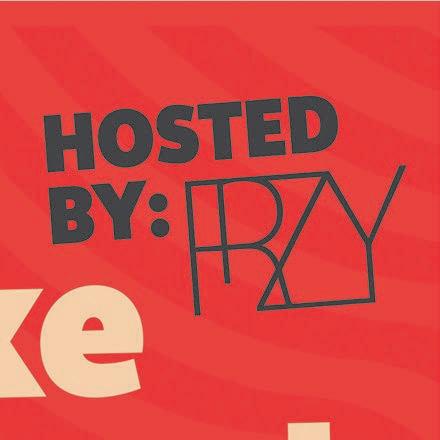
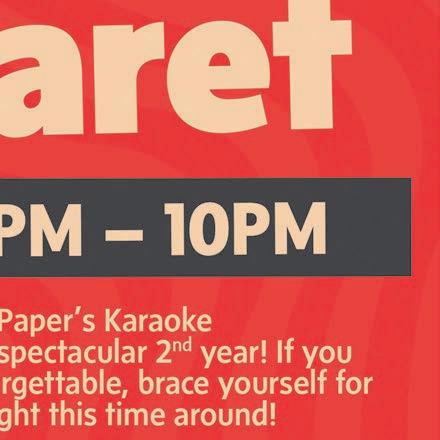
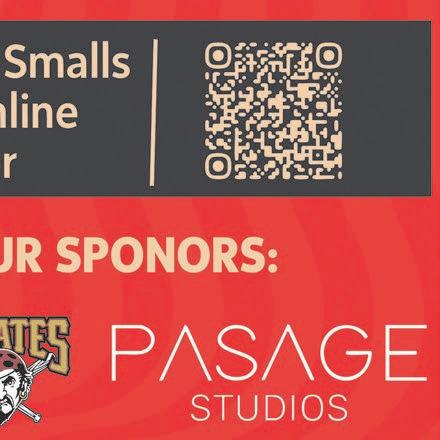
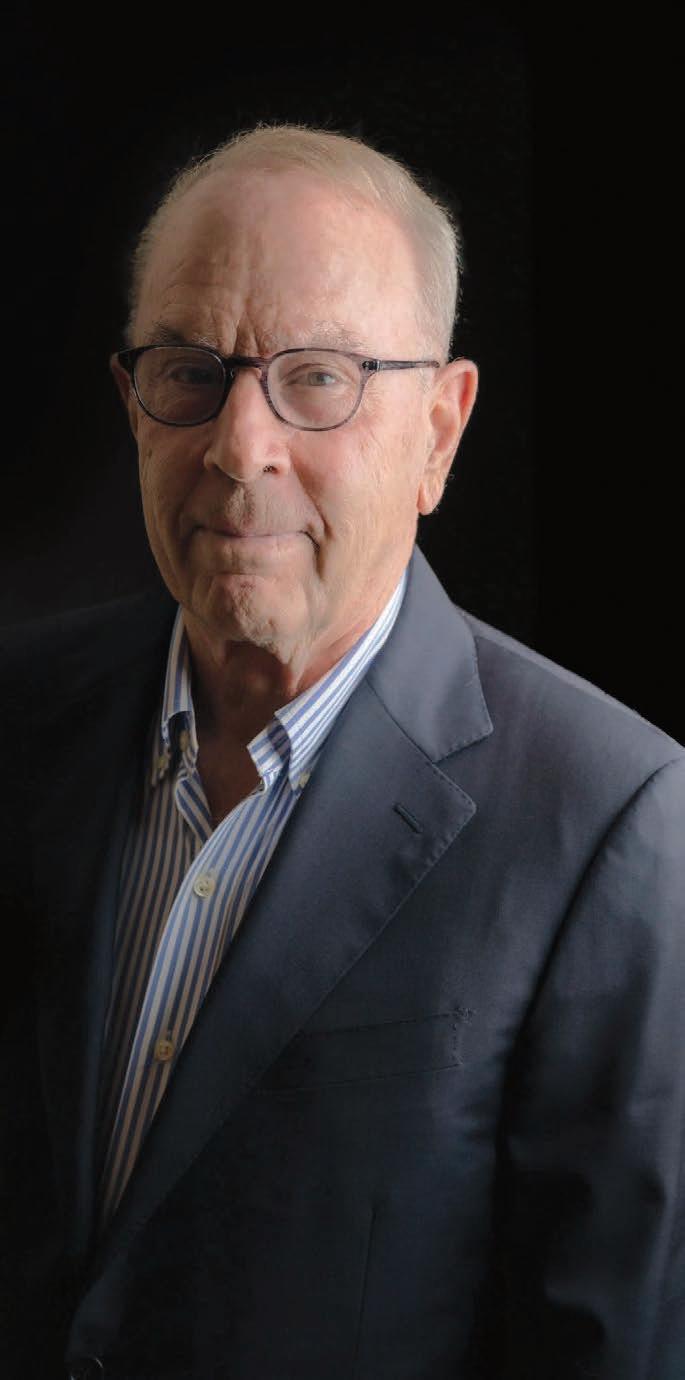
In his new book Warhol’s Muses, author Laurence Leamer examines how the famed Pittsburgh-born pop artist exploited and discarded the women who influenced his work.
BY: JORDAN SNOWDEN // INFO@PGHCITYPAPER.COM
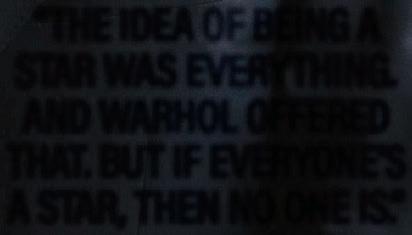
“THE IDEA OF BEING A STAR WAS EVERYTHING. AND WARHOL OFFERED THAT. BUT IF EVERYONE’S A STAR, THEN NO ONE IS.”
Andy Warhol declared that everyone gets 15 minutes of fame. For some women drawn into the artist’s spotlight, that 15 minutes never ended, as they became forever tethered to his legacy.
In Warhol’s Muses: The Artists, Misfits, and Superstars Destroyed by the Factory Fame Machine , veteran journalist and biographer Laurence Leamer turns the Pittsburgh-born pop art icon inside out — not through another examination of his paintings or Factory escapades, but through the women who were his collaborators and, sometimes, casualties. The book
takes a fresh and often sobering look at arhol by focusing on fi e central muses: women who glittered in his orbit, and were, in turn, reshaped or shattered by it.
“I didn’t want to write another biography that focused on Warhol himself,” Leamer tells Pittsburgh City Paper. “This was a unique way of looking at him. When you understand the women in his life, the ‘60s look different. arhol looks different.
The Warhol of Warhol’s Muses is not the often mythologized enigmatic art-world savant, but a duplicitous figure charming, calculating, and many times cruel. Leamer















ART • WEST END
Chuck Olson: Alternative Landscapes Opening Reception 5-8:30 p.m. Continues through Fri., May 30. James Gallery. 413 South Main St., West End. Free. jamesgallery.net
ART • GARFIELD
Fellowship 25 Opening Reception. 6-8 p.m. Silver Eye Center for Photography. 4808 Penn Ave., Garfield. Free. Registration

THUR., MAY8
THEATER
Pittsburgh Musical Theater presents Waitress 7:30 p.m. Continues through Sun., May 25. Gargaro Theater. 327 S Main St., West End. $26.50-51.50. trustarts.org
MUSIC • MCKEES ROCKS
Shakey Graves: And the War Came 10th Anniversary Tour with Ruby Waters 8 p.m. Doors at 7 p.m. Roxian Theatre. 425 Chartiers Ave., McKees Rocks. $38-90. roxiantheatre.com/shows
PARTY • NORTH SIDE
21+ Night: Astronomy at Science Center 6-10 p.m. Carnegie Science Center. One Allegheny Ave., North Side. $20-25. carnegiesciencecenter.org
DANCE • DOWNTOWN
Follow the yellow brick road to the Benedum Center for a choreographed rendition of The Wizard of Oz with the Pittsburgh Ballet Theatre. PBT dances its way through L. Frank Baum’s classic fantasy about Dorothy, a young girl transported from her Kansas farm to a magical world led by a mysterious being. Join the Scarecrow, the Cowardly Lion, the Tin Man, and the rest of Oz during the Pittsburgh
vendor booths and a demonstration stage showcasing arm wrestling, fencing, Zumba, and more. 9 a.m. Continues through Sun., May 11. 1000 Fort Duquesne Blvd., Downtown. $30-120. pittspowerfit.com
MARKET • HIGHLAND PARK
Mother of All Pottery Sales. 10 a.m.-4 p.m. The Union Project. 801 N Negley Ave., Highland Park. Free, $20 for Early Bird access. unionproject.org




premiere of this live production. 7:30 p.m. Continues through Sun., May 18. Seventh St. and Penn Ave., $28-135. pbt.culturaldistrict.org
COMEDY • UPTOWN
Gabriel Iglesias: Don’t Worry Be Flu y Tour 8 p.m. PPG Paints Arena. 1001 Fifth Ave., Uptown. $49-126. ppgpaintsarena.com
FILM • LAWRENCEVILLE
MARKET • UPTOWN
Jordan Collective Vintage and Makers Market. 12-6 p.m. Trace Echo. 1738 Forbes Ave., Uptown. Free. tracebloomfield.com/trace-echo
MARKET • LAWRENCEVILLE
Mother’s Day at the Market House 12-6 p.m. Lawrenceville Market House. 4112 Butler St., Lawrenceville. Free. lvmarkethouse.com
DANCE
Shana Simmons Dance presents The Spring MISHMOSH. 7:30 p.m. East Liberty Presbyterian Church. 116 S. Highland Ave., East Liberty. $15-20. shanasimmonsdance.com
MUSIC
Savak, Bed Maker, and The Sewerheads. 9 p.m. Doors at 8 p.m. The Government Center. 715 East St., North Side. $12. thegovernmentcenter.com
Pittsburgh Silent Film Society and Festival presents The Wind 7 p.m. Harris Theater. 809 Liberty Ave., Downtown. $20. trustarts.org


Cult-O-Rama: Panic at the Cinema. 9 p.m. Row House Cinema. 4115 Butler St., Lawrenceville. $17.50. rowhousecinemas.com
MUSIC • BLOOMFIELD



Respira with Gusto and Oscar Celedon p.m. Brillobox. 4104 Penn Ave., Bloomfield. $10. brilloboxpgh.com
CONVENTION • DOWNTOWN





Bodybuilders and fitness models descend upon Pittsburgh to pose, lift, and fight their way to glory at the David L. Lawrence Convention Center. The Pittsburgh Power and Fitness Festival promises competitions spanning professional and amateur bodybuilding, powerlifting, and martial arts. The event also boasts an expo featuring 200





TUE., MAY 13

SUN., MAY 11
OUTDOORS • DOWNTOWN
Yoga in the Square with Union Fitness 10-11 a.m. Continues through Oct. 14. PPG Plaza. Downtown. Free. downtownpittsburgh.com
MARKET • SOUTH SIDE
Neighborhood Flea Mother’s Day Market 10 a.m.-3 p.m. SouthSide Works. 424 S. 27th St., South Side. Free. neighborhoodflea.com
Bring your unwanted skates, knee pads, and helmets to Spirit for the Pittsburgh Derby Brats Swap Meet and Trivia Fundraiser, a day of fun benefitting youth sports. The swap features second-hand clothing and skate gear for all ages and sizes, as well as art, vinyl, accessories, and more. Guests can also enjoy trivia, and pizza and tattoo specials. All proceeds benefit the Pittsburgh Derby Brats, an all-gender league for youth skaters 9-17. 1-8 p.m. 242 51st St., Lawrenceville. Free or suggested donation. $10 for trivia. All ages. spiritpgh.com
SUN., MAY11


MON., MAY 12
MUSIC • GARFIELD
Shauna Dean Cokeland with Helen Havoc, Frog Legs, and V.V.itch. 6:30 p.m. Mr. Roboto Project. 5106 Penn Ave., Garfield. $16 in advance, $20 at the door. therobotoproject.com
FILM • ALLENTOWN
Atomic Cinema: Plan 9 Punk with Alternate Histories 7:30 p.m. Bottlerocket Social Hall. 1226 Arlington Ave., Allentown. Free. RSVP required. bottlerocketpgh.com
TUE., MAY 13
MUSIC • STRIP DISTRICT
Matt Andersen with Julian Taylor. 7:30 p.m. Doors at 6 p.m. City Winery. 1627 Smallman St., Strip District. $20-30. citywinery.com/pittsburgh
MUSIC • MILLVALE
Lucius: The Gold Rush Tour with Victoria Canal 7:30 p.m. Doors at 6:30 p.m. Mr. Smalls Theatre. 400 Lincoln Ave., Millvale. $30 in advance, $35 at the door. mrsmalls.com
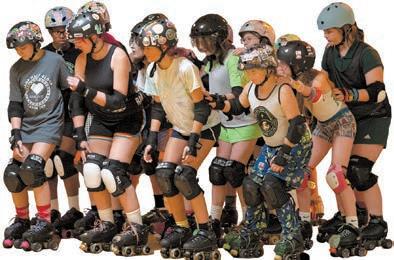
WED., MAY 14
OUTDOORS • ETNA
Nature Nights. 6-7 p.m. EcoPark. 37 Grant Ave., Etna. Free. All ages. instagram.com/eco15223
MUSIC • MILLVALE
Caroline Strickland, Babe Lewis, Surface Broadcast, and Sacred Monsters. 8 p.m. Poetry Lounge. 313 North Ave., Millvale. $10 poetrymillvale.com








